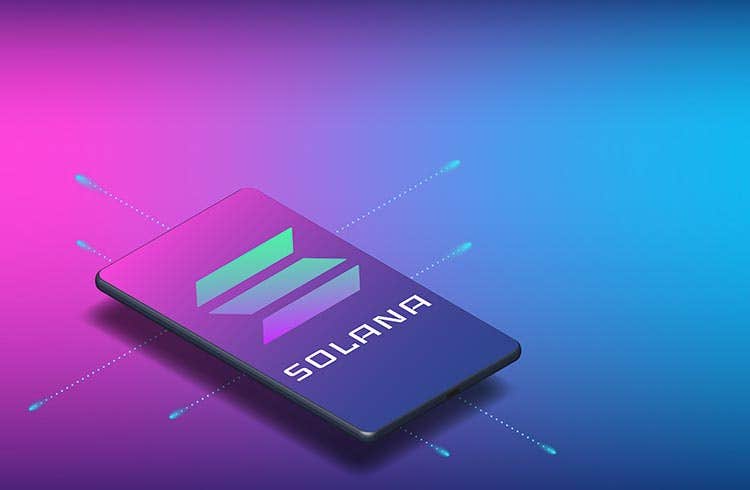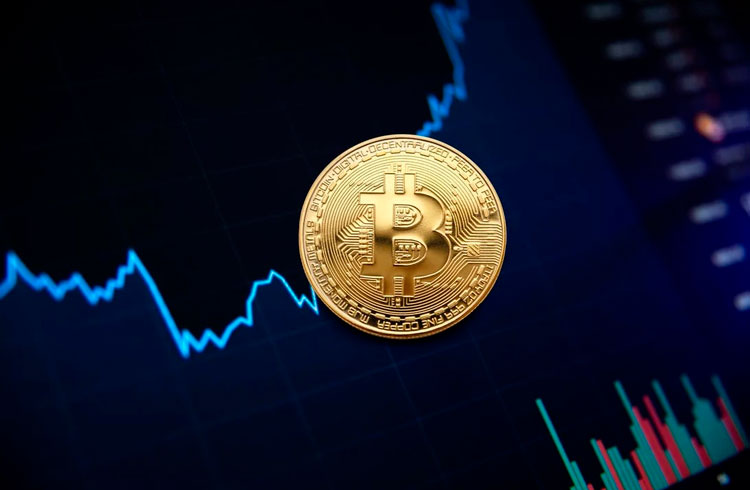The arguably young BTC market attracts people from many disciplines. There are artists, engineers, marketers, developers, educators, writers, editors, testers, meme makers, and hype men who give the wicked beautiful world of cryptocurrencies their peculiarity.
Somewhere in the nicheness is a rising bunch of lawyers helping the new market to navigate and operate in the normal world. And if you’re searching for such people, look no further than Gordon Einstein.
Einstein is a hybrid technologist and California licensed attorney who received his undergraduate degree in Politics in 1991 and then received his JD in 1995 from the USC Gould School of Law in Los Angeles.
A beginning in law
At the beginning of his career, he focused on startup, venture capital, investment banking, regulatory compliance, intellectual property and general business law, working for an avid computer and programming hobbyist. But in 2012, Gordon was intrigued by BTC, cryptocurrencies, and all the related technologies, and by 2014, he was providing legal services to several individuals and companies operating in this space.
Einstein has, since 2016, run his own crypto-centric law practice at CryptoLaw Partners involved working with crypto, blockchain, and FinTech startups and funds, and helped many participants in shaping their decentralized protocols and products to suit the legalities of the broader market.
Today, Einstein sat down with Alex Fazel, the host of crypto edutainment show CryptoNites. They discussed Einstein’s start in the space, DAOs, tokens, legalities of crypto, and how to value BTC and other altcoins, among several other topics.
“Once I got it, I had two twin epiphanies. The first one was that in this area, ie., blockchain and BTC, it needs law as there was a wild west period. But as this grew in power and sophistication and engagement in the real world, it would need to have an understanding of securities law and corporate governance and employment, intellectual property, like all that kind of stuff,” reminisced Einstein about his start in the space.
“In other words, all the things I had found distasteful, inefficient, stupid, annoying and expensive by law, were and part of the reason why I left the practice a lot were potentially addressable through this revolution, this technology and approach revolution, his idea of decentralisation, this idea of spreading power,” he further stated.
On valuing BTC
BTC’s true valuation remains a topic of debate even today. Some say its worthless, others say it’s worth millions of dollars, while others apply complicated mathematical models to derive what they think is the true value of BTC.
Einstein, naturally, has his own view. “With BTC, specifically, you don’t really need to value it, you just need to price it. And there’s a difference between valuing something and pricing. It pricing it as what other people are willing to pay. It’s the same for gold,” he said.
“Gold has no intrinsic value. If we all died, it wouldn’t be worth anything. If aliens came to planet earth, it would be like, Oh, look at the gold. It’d be like, they would be like, oh, look the ducks.”
Meanwhile, when it comes to altcoins, the crypto lawyer has another perspective: “There’s a lot to unpack in what you just said, to the extent that a token or platform produces profits, and then distributes the profits as profits to the token holders.”
(Catch the entire Cryptonites episode to know more about Einstein, his thoughts on BTC and other cryptocurrencies, and the many nuances of legalities that the crypto market faces today.)
The post This uncanny way is how crypto lawyer Gordon Einstein values BTC (plus THE DAO, crypto legalities, and more!) appeared first on CryptoSlate.






















